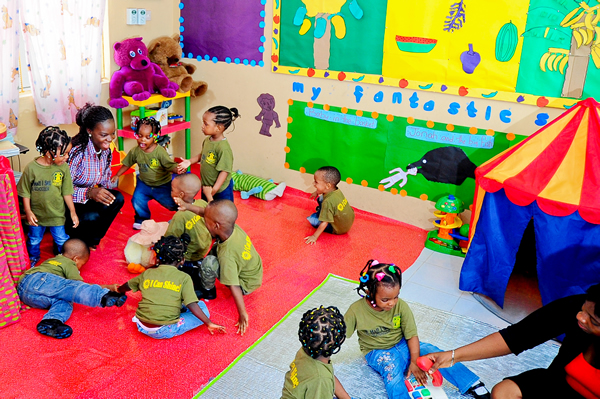Warning: Invalid argument supplied for foreach() in /home1/redcare1/public_html/wp-content/themes/uplift/swift-framework/content/sf-post-formats.php on line 89

A reading culture can be best explained as a learned practice of seeking knowledge, information or entertainment through written words. Such practice can be acquired by reading books, magazines, journals, newspapers etc.
According to recent developments, it has been revealed that the reading culture among Nigerians, particularly the youth and students, has waned significantly. In fact, to state that the reading zeal amongst Nigerian students is fast declining is basically just stating the obvious. This unhealthy trend is glaring at everyone in the face. Questions on what might have gone wrong have been asked by educationists, but there seem to be no adequate response to the puzzle.

Studies carried out indicated that about 40% of Nigerian adults have never finished reading a fiction book after formal education. While another study carried out shows that about 30 million Nigerians graduated secondary schools with poor reading abilities, contributing to the poor habit cultivated during their stay in school.
This problem is further compounded by insufficient reading materials in most public schools in Nigeria and lack of well-stocked libraries to give children a chance to embrace the reading culture. Some people argue that technological advancements has a role to play in the poor reading culture, as children would rather spend time on social media than read.

It is said that a reading nation is an informed nation but Nigeria cannot be regarded as a reading nation because the younger generation of Nigerians do not consider reading a leisure activity. Poor reading habits amongst younger Nigerians affect their performances at school and during examinations. Children/students with poor reading habits may engage in anti-social behaviours such as school violence, bullying, and examination malpractice.
“To develop a reading culture, parents and caregivers must consciously stimulate children in that direction, provide them books and importantly, let them read for fun,” says Farida Ladipo-Ajayi, founder of Bookwormcafe.
Nurturing a reading culture in children during their formative years is a lot easier, this is because children at this stage are so malleable and have not yet been exposed to other options of utilizing their time. However, it is still very possible to nurture a culture of reading in a child who has somehow become a reluctant reader. A very important tool in imbibing the reading culture in children is consistency, also children have very limited attention span and taking that into consideration will yield better results.

An early reading culture fosters life-long learning and enables children to grow into innovative citizens. The habit of reading should begin at an early stage and should be imbibed throughout one’s lifetime.

Apart from the role the parents have to play in imbibing children with a solid reading culture, at the primary and secondary educational levels, teachers should make it a point of duty to encourage pupils to imbibe the reading culture through social reading clubs as well as introduction of activities like reading competitions, spelling bees, library or reading day. This will go a long way in drastically reducing the poor reading culture among students in Nigeria and help revive reading culture in the grassroots.
~ Adedamola Arogundade, Graduate Intern at Redcare HMO.



